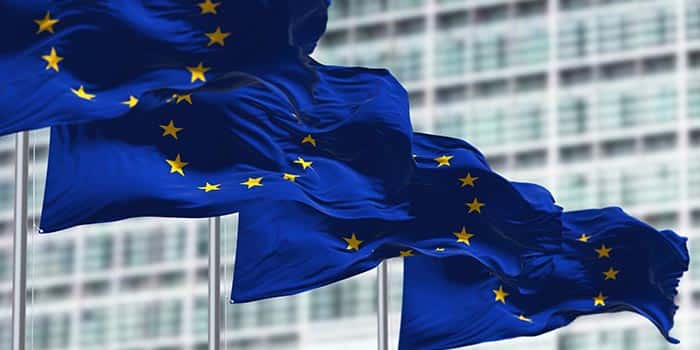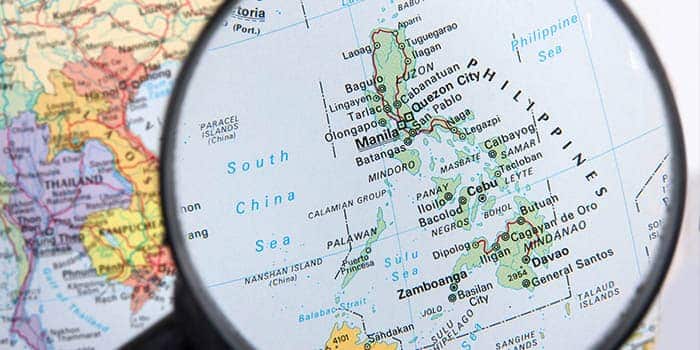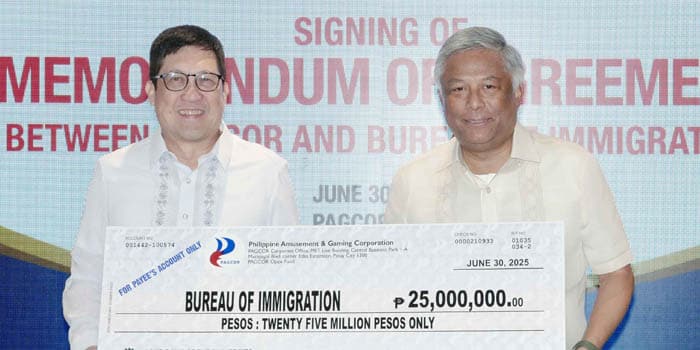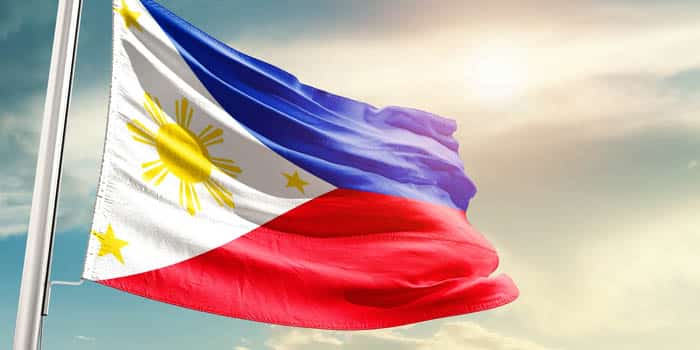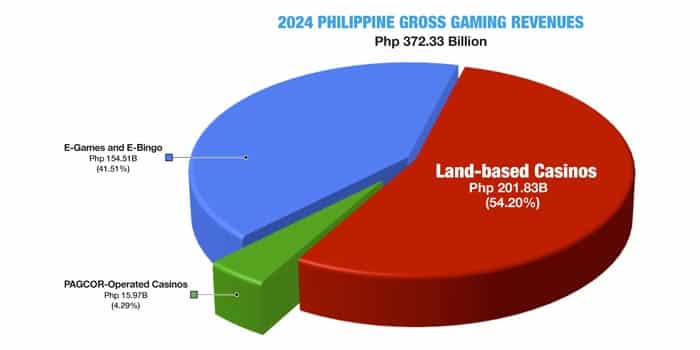- Casino
- By State
- Alabama
- Alaska
- Arizona
- Arkansas
- California
- Colorado
- Connecticut
- Delaware
- Georgia
- Florida
- Hawaii
- Idaho
- Illinois
- Indiana
- Iowa
- Kansas
- Kentucky
- Louisiana
- Maine
- Massachusetts
- Maryland
- Michigan
- Minnesota
- Mississippi
- Missouri
- Montana
- Nebraska
- Nevada
- New Hampshire
- New Jersey
- New Mexico
- New York
- North Carolina
- North Dakota
- Ohio
- Oklahoma
- Oregon
- Pennsylvania
- Rhode Island
- South Carolina
- South Dakota
- Tennessee
- Texas
- Utah
- Vermont
- Virginia
- Washington
- West Virginia
- Wisconsin
- Wyoming
- By State
- Slots
- Poker
- Sports
- Esports
POGOs Represent Serious Threat Regarding Money Laundering

The Anti-Money Laundering Council /AMLC/ in the Philippines reported that POGOs and their service providers present vulnerabilities in terms of high money laundering risk.
Cash Is Untraceable
The financial intelligence unit in the country, the AMLC, based its conclusion that Philippine Offshore Gaming Operators /POGOs/ are too exposed to illegal money operations due to a number of factors, among which the high level of cash transactions, the insufficient anti-money laundering /AML/ regulations and the high level of anonymity involved with the operators and their clients.
The AMLC report outlined the high amount of cash and cheque transactions that were related to POGOs posed serious concerns as such transactions are very difficult to trace and thus particularly attractive for money laundering purposes.
Internet-based gaming operations, as a rule of thumb, do not involve a high amount of cash transactions, and the occurrence of such a high level of these with POGOs is a deviation from the standard online-based operation and susceptible to money laundering as the beneficiaries, as well as the originating sources, of these transactions are hard to determine as the transactions tend to obscure the audit trail.
False Registration Information
Another detail that raised serious questions was the fact that, upon attempt to conduct on-site checks, the AMLC found out 59 operators, regulated by the country’s regulatory body, the Philippines Amusement and Gaming Corporation /PAGCOR/, had provided false information regarding their registered office addresses, local gaming agents and authorized representatives, with all 59 having no compliance function, officer, or dedicated teams for money laundering and terrorism financing prevention.
Regulations Need Amendments
An even higher risk of money laundering represent the service provider companies for POGOs, as these were not even subjected to the AML regulations the same way POGOs were, and enforcing on them AML procedures was difficult due to jurisdictional issues.
On top of that, many of these service companies were flagged to the regulator for huge transactions on the forex market, with no further proof whether these transactions were gambling-related, or even worse, related to criminal activities.
In terms of terrorism financing, according to the report of the AMLC the risk was low, with little to no evidence of internet casinos being used to generate funds for terrorism purposes or launder such money, at least based on available records.
Future AML Guidelines
The AMLC recommended to the country regulator to issue compliance guidelines for online casino operators and to undertake regular training programmes as for POGOs, so for their service provider partners. In terms of the Philippine people and public awareness, potential money laundering practices should be outlined and published in a list so that all citizens could watch out for them.
The financial intelligence unit further suggested that any violations of the AML rules should provide grounds for the regulator to suspend gambling licenses of POGOs.
Related Topics:
Simon is a freelance writer who specializes in gambling news and has been an author in the poker/casino scene for 10+ years. He brings valuable knowledge to the team and a different perspective, especially as a casual casino player.
Must Read
More Articles


